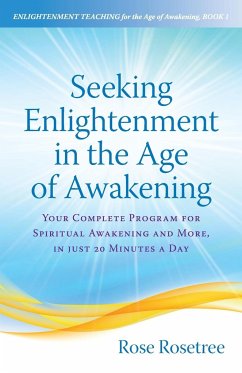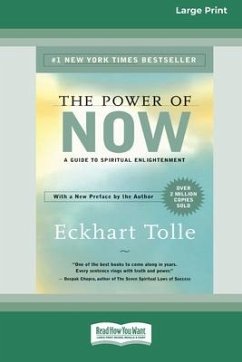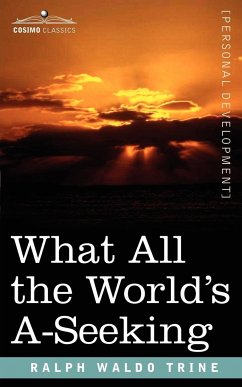
What All the World's A-Seeking
The Vital Law of True Life, True Greatness, Power, and Happiness
Versandkostenfrei!
Versandfertig in 1-2 Wochen
24,99 €
inkl. MwSt.
Weitere Ausgaben:

PAYBACK Punkte
12 °P sammeln!
Before "New Age" there was "New Thought," a philosophy that sought God through metaphysics and was wildly popular in the late 19th and early 20th centuries. American mystic and best-selling author RALPH WALDO TRINE (1866-1958) was one of the most significant writers on New Thought principles, and here, in this 1913 work, subtitled "The Vital Law of True Life, True Greatness, Power, and Happiness," Trine explores: . how to cultivate the state of mind that draws success to it . why doing well really does follow doing good . the secret truth about chance and fate . building character through the ...
Before "New Age" there was "New Thought," a philosophy that sought God through metaphysics and was wildly popular in the late 19th and early 20th centuries. American mystic and best-selling author RALPH WALDO TRINE (1866-1958) was one of the most significant writers on New Thought principles, and here, in this 1913 work, subtitled "The Vital Law of True Life, True Greatness, Power, and Happiness," Trine explores: . how to cultivate the state of mind that draws success to it . why doing well really does follow doing good . the secret truth about chance and fate . building character through the right kind of thought . and more. Elegant and persuasive, Trine's words continue to be as influential today as they were a century ago.





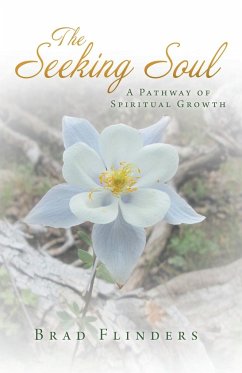
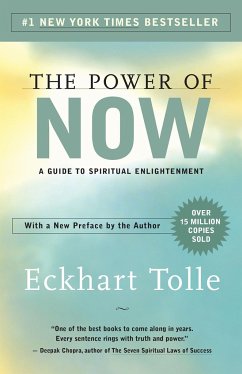
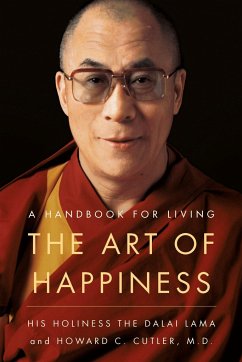


![Anam Cara [Twenty-Fifth Anniversary Edition] Cover Anam Cara [Twenty-Fifth Anniversary Edition]](https://bilder.buecher.de/produkte/63/63595/63595871n.jpg)
